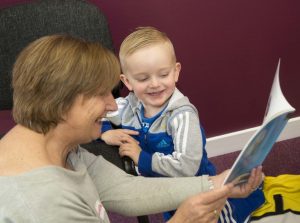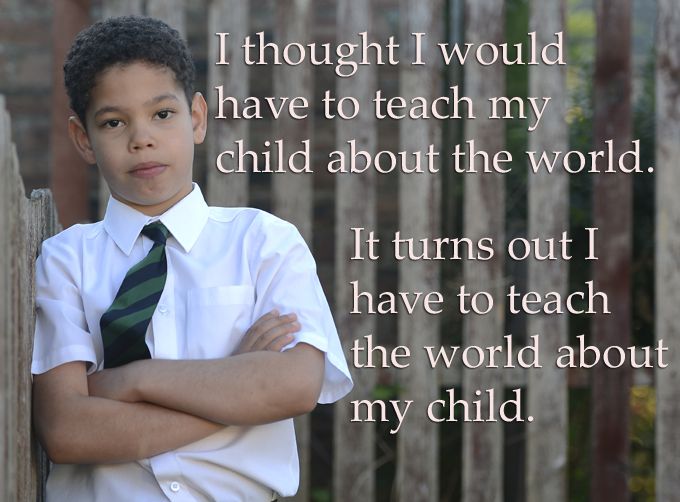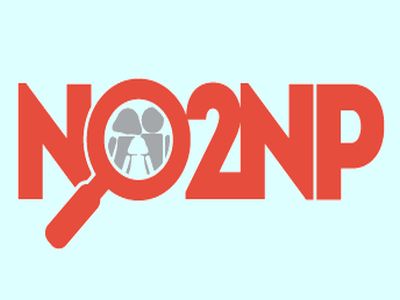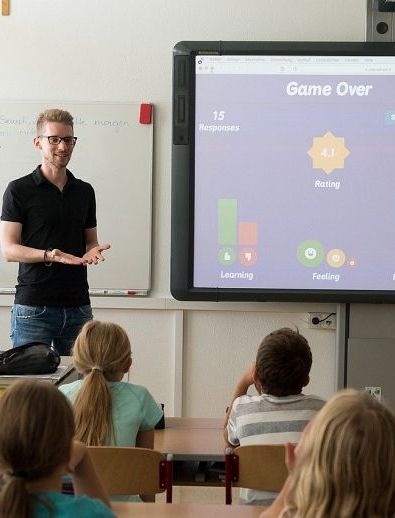 By Suzanne Kelly.
By Suzanne Kelly.
If you managed to keep up with shifting Covid-19 government advice, changing statistics and the evolving list of related health complications, congratulations.
If you have mastered the Rule of Six, know when you are or aren’t in a relationship, have figured out when you’re free to break the rules ‘in a specific and limited way’, and when it is or is not acceptable to drive to Barnard Castle, perhaps you can explain to the rest of us why pubs and restaurants are risky, but schools are safe.
Advice on children and Covid-19 is as changeable as everything else to do with this disease, and yet teachers, staff, parents and students are being reassured by some school heads that ‘school is perfectly safe’.
How safe is ‘perfectly safe’?
A teacher’s perspective: An arse covering exercise.
“Risk assessments have been talked about more than anything else in every school, folk that are employed to do them have seen their workload go through the roof recently because they’re needed as an arse-covering exercise.
“Teachers will get Covid and die; their family members will too, children will spread it to vulnerable people they’ll die too.
“The risk assessment will be used to justify that ‘we all knew what we were signing up to’ and that’s true to a point. It’s all about getting people back to work and getting taxes and money coming back into the system. Safety is secondary to that.”
The Safety Expert: Not enough detail.
We invited an expert to look for risk assessments, and we sent a representative sampling from the short (1 to 3 page) document to the massive document (over 30 pages). We looked at scores of risk assessments – some schools happily publish them; others feel they should not be shared – which rather defeats their purpose.
Our expert wrote:
“ In preparing risk assessments not enough detail is put into them and people tend to just put in an overview and think it’s sufficient when dealing with a highly contagious virus.
“What needs to happen is every small detail needs to be looked at, the slight act like passing a pen to each other can prove fatal down the line, therefore this highlights the actual need to be doubly vigilant in the preparation of a risk assessment”
Risk assessment should identify every task involved in an enterprise (such as a school day) from students lending each other pens to touching surfaces to grouping together.
A valid risk assessment identifies every activity’s possible risk and then determines how likely or unlikely the risks can be (from catching or transmitting Covid-19, being mildly ill with it – or worse).
A robust risk assessment then determines how likely or unlikely the risks are before corrective measures are made, so it can prescribe the corrective measures to lower the risk.
Aberdeen’s Oldmachar Academy has a 31-page risk assessment document based on government templates seen elsewhere; it mingles Covid-19 and non-Covid issues (lift maintenance for instance).
Staff are mentioned 137 times; the word pupil appears 47 times. It is cumbersome, and the actual risk matrix says nothing concrete about the risks of Covid-19 – illness, death, transmission, long Covid etc.
Three Aberdeen City schools have had Covid-19 cases.
It is not easy to use and is not geared for all the people who are meant to be covered by it. As adults we find it cumbersome; if we were pupils, we’d find it less than user friendly.
It scores diseases as medium risk; though permanent health problems and death are present when Covid-19 is present.
Despite the time-sensitive, urgent nature of our request for risk assessments, Aberdeen City Council suggested we do a Freedom of Information request rather than have its media department send all or at least some of it for us to review.
The city should have had all the assessments in and professionally reviewed before schools opened. As it happened, the city’s risk assessments were still not finalised in the last few days before its schools opened.
Three Aberdeen City schools have had Covid-19 cases.
How it handles these in the media follows a pattern seen elsewhere: dissuade the public from thinking there could have been school transmission; claim their risk assessment is robust; patronise parents by saying ‘we understand your fears’.
Here is what Bridge of Don Academy told the press:
“Mrs McWilliam said: “I would want to reassure parents and carers that there is no evidence of transmission of Covid-19 at Bridge of Don Academy and that the school has very good control measures in place.
“The strength of the control measures has enabled Public Health to advise that the school remain open to the vast majority of young people.
“I realise that this is unsettling news and want to reassure you that decisions have been made following a robust risk assessment process with public health.””
We have requested this ‘robust risk assessment’ but do not have it yet. How is it determined ‘there is no evidence of transmission?’
Teachers are not all keen on going to school; as we saw, our teacher states they believe teachers will die.
Covid-19 facts that dropped out of the curriculum.
Few if any risk assessments we saw which were prepared prior to school openings acknowledged the existence of long Covid (the lingering fatigue and other symptoms that can last weeks or months). Perhaps this is a very rare occurrence; some say it is.
Is it worth taking the risk though, or risking long-term or permanent heart, lung nervous system damage, and inflammatory syndromes striking young Covid-19 victims such as Kawasaki disease.
Some head teachers still seem happy to insist their schools are safe, to insist it is fine for children to mingle unmasked in groups which can range from a dozen to one hundred pupils, and that ‘safety is our main concern’.
Talking to parents, it is this insistence that all is well and there is no risk that causes their worry: how can a school be a sanctuary from a disease that is spreading elsewhere in a community?
In order to get children through the doors, parents are being threatened with fines, threatened with social worker visits, threatened with police visits, ridiculed (‘you are the only parent who has any worries’), threatened they are harming their child (children must socialise and must learn at the government prescribed rate). But possibly worst of all, they are being greatly misled.
Failing marks for factual information.
One sentence found in a few school bulletins up and down the country concerns symptoms; here is one variant (from South Grove Primary School):
“This means that if your child has a cold, they should still come to school just like they would have last year. If your child has symptoms that point to a cold, they can still come to school. These could be a blocked or runny nose, sneezing and/or itchy eyes.”
The problem is experts, including the CDC, advise the following concerning flu and Covid-19 symptoms:
“Both COVID-19 and flu can have varying degrees of signs and symptoms, ranging from no symptoms (asymptomatic) to severe symptoms. Common symptoms that COVID-19 and flu share include:
“Fever or feeling feverish/chills
“Cough
“Shortness of breath or difficulty breathing
“Fatigue (tiredness)
“Sore throat
“Runny or stuffy nose
“Muscle pain or body aches
“Headache
“Some people may have vomiting and diarrhoea, though this is more common in children than adults”
– https://www.cdc.gov/flu/symptoms/flu-vs-covid19.htm
If the schools are handing out advice contrary to world experts, it hardly inspires confidence.
Unsurprisingly, some teachers and parents fear retaliation if they talk to reporters on the subject. Many tell us they ‘are not allowed’ to tell others if their school has had a positive Covid-19 case. This stifling of expression would have been contrary to European Human Rights law – but that seems like something we don’t need to worry about any longer.
One school wrote to parents, advising their child might have been exposed to an infected peer to self-isolate for 14 days:
“We must prioritise the health and safety of our students first and foremost.”
It begs the question: if they were prioritising health and safety, wouldn’t they allow students to study at home and take lessons remotely?
The government maintains its recalcitrant stance against this sane, risk-mitigating measure.
With a vaccine in the pipeline with several pharmaceutical companies, would it be that bad to save lives and educate at home for a number of months?
Yes, children need to play, socialise, learn and be around others: but if junior falls behind a few months but is free of long-term health issues, surely that is worth it.
BRTUS
Parents’ advocates Boycott a Return to Unsafe Schools (BRTUS) keeps a map of school Covid-19 occurrences, and its Facebook page is filled with discussion.
A BRTUS spokesperson said:
“Boycott Return To Unsafe Schools is campaigning for a Sensible, Safe and Sustainable return to schools, which should take consideration of local infection rates and include properly resourced blended or distance learning where appropriate.
“BRTUS understands the pressures teachers are under, and BRTUS is concerned for the welfare of all who are in the school environment – students, teachers and staff.
“Our map of Covid-19 cases within schools demonstrates that a return to full classes in the most densely populated classrooms in Europe is unsustainable and threatens the safety of society as a whole.
“In addition to sending newspaper reports to add to our map, parents have forwarded us communications they have received from their school, confirming cases which have not always reached the media. Some parents state they have been pressured not to discuss the case outside of their school community, and express concern that we will ensure anonymity. “
This is just one example of unacceptable treatment being endured by parents; the blanket policy of compulsory attendance fines – irrespective of local infection rate or the health risk factors of family members – is entirely inappropriate in the context of a pandemic.
“This policy has a detrimental impact on the mental health of family members including children, and alongside lack of funding prevents schools from providing appropriate support for home learning in order to protect children’s academic progress.
“With cases rising once again the Government must now formulate a properly funded plan for education which will minimize the opportunity for schools to be vectors of transmission, protect children’s educational outcomes and ensure the safety of families who are at increased risk from Covid-19.”
Parents said:
Parent A:
“The headteacher hates any disruption to their usual [routine] and any complaints tend to be quashed pretty quickly. Their risk assessment was poor to say the least, as most points there were useless or still to be done.
“Even though the school is in the area with most cases in our town, they supposedly remain Covid free. It just simply doesn’t make sense. Rumours started amongst students that a teacher got it and when enquiring about that, I was told that the school doesn’t comment on rumours.
“Regardless of the fact that my own child had direct contact with this teacher, they refused to confirm if he is waiting for results or already has a positive result.
“Our local newspaper has published that the council confirmed that “a number of schools have had positive tests”, yet only one school has been named. I do believe my children’s school has been affected by now.”
Parent B:
“If my child gets sick who is to blame? Me? The school or the government?”
Parent C:
“We’ve even been threatened with police!”
Parent D:
“We don’t want to deregister but we’ve been told we’ll be fined.”
Parent E:
“My head teacher says I am the only parent who has worries”
Parent F:
“The school says it will send social workers because I don’t want my child in school.”
Other parents talk about an absence of social distancing and masks at drop off and pick up times; parents with conditions such as asthma do not feel they are being taken into account, some find out their head teacher have called their child’s physician to discuss the parent’s reticence to send their child to school.
One thing bothering teachers, staff and parents is how widely varying policy and procedures vary from one school to the next. Some schools are having giant bubbles of the entire year; some have small bubbles of different classes within a year.
Some have taken the concept of ventilation to extremes insisting windows must be left open all the time (one parent told of a puddle forming in the back of a classroom when it rains) but will not let children wear coats to keep warm (cue potential respiratory illnesses) – and a school in Aberdeenshire has classrooms where windows cannot be opened.
Children in one school will eat at their desks; others will eat outside in all weather – standing up.
There is nothing logical, scientific or even consistent going on in the country’s schools when it comes to the pandemic. Maybe students will not die – but we believe the risk to teachers, staff and parents has not been addressed sufficiently.
If you think we are being overly dramatic or fearmongering by bringing up the risk of death, don’t blame us, here’s a quote from Matt Hancock:
“Don’t kill your gran.”
Hancock was referring to young people not keeping social distance: what exactly does he think happens in a school setting?
Image by Steve Riot from Pixabay
 By Suzanne Kelly.
By Suzanne Kelly.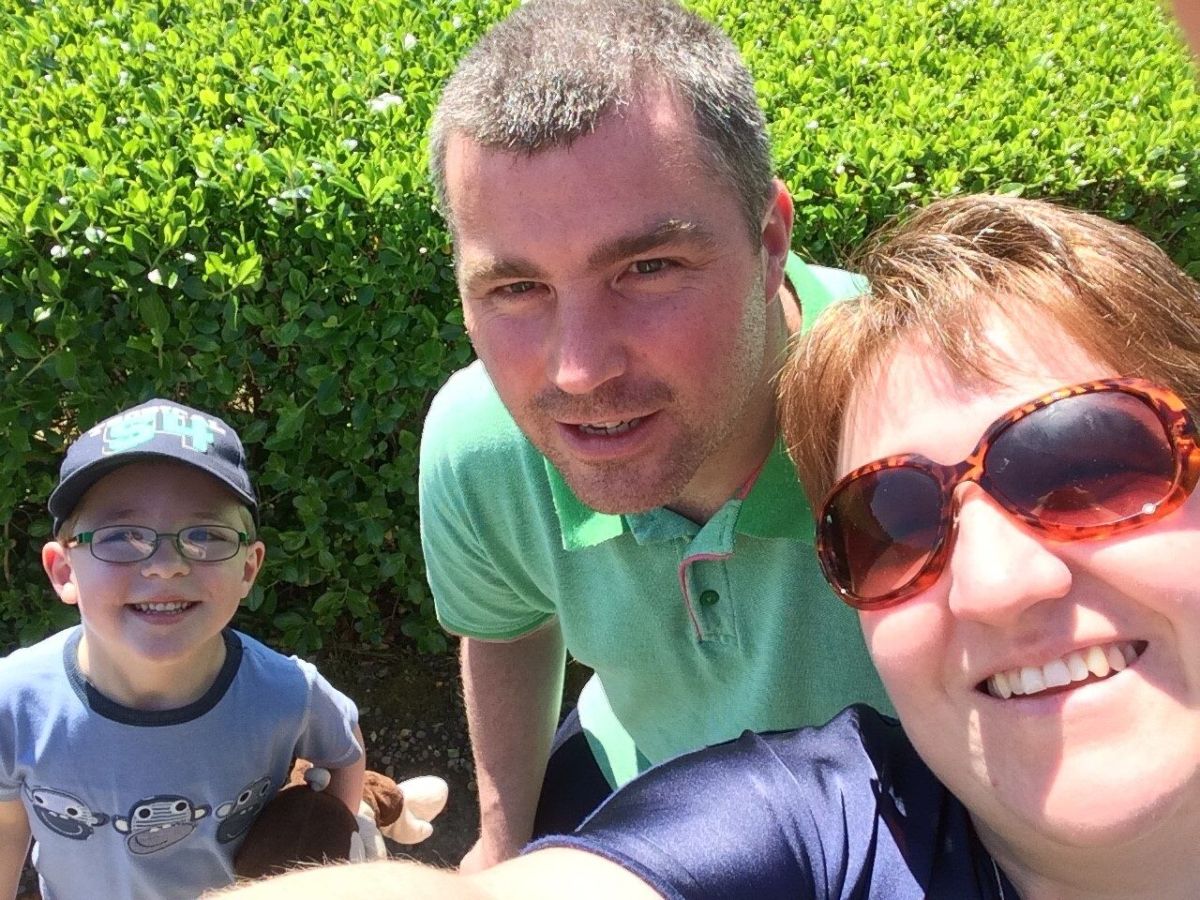
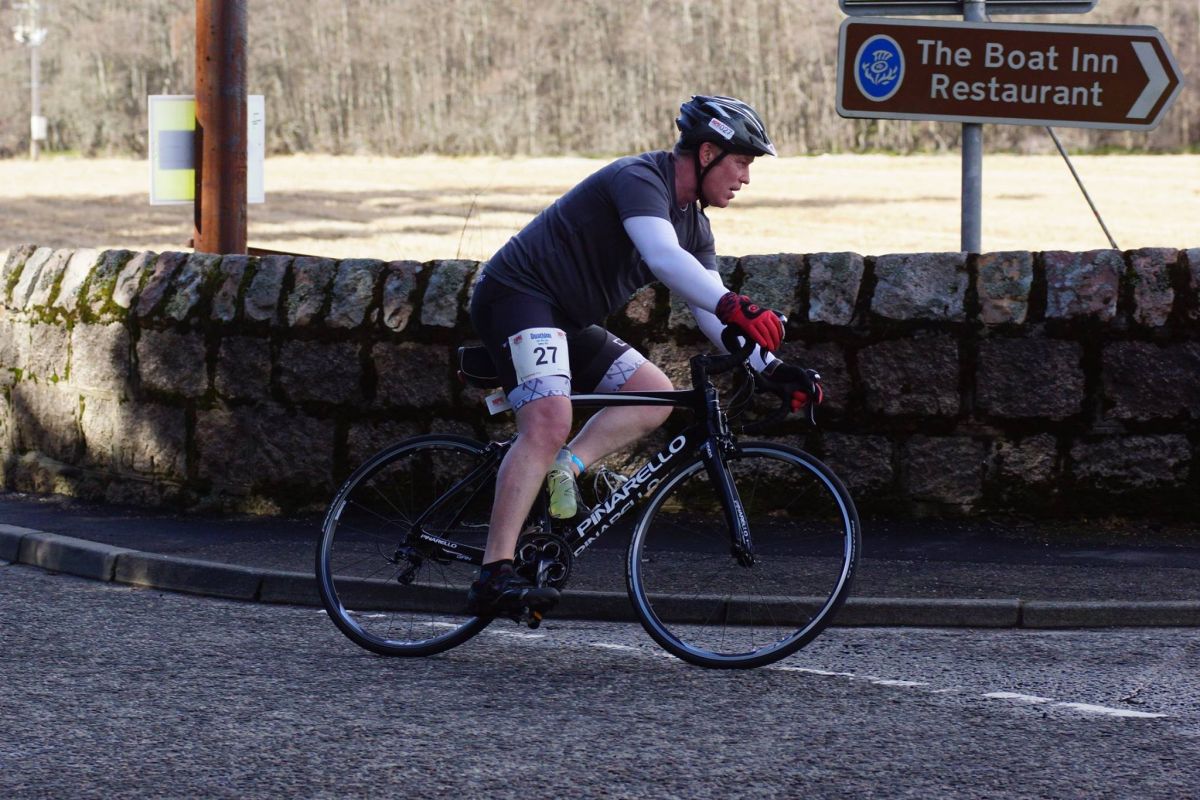
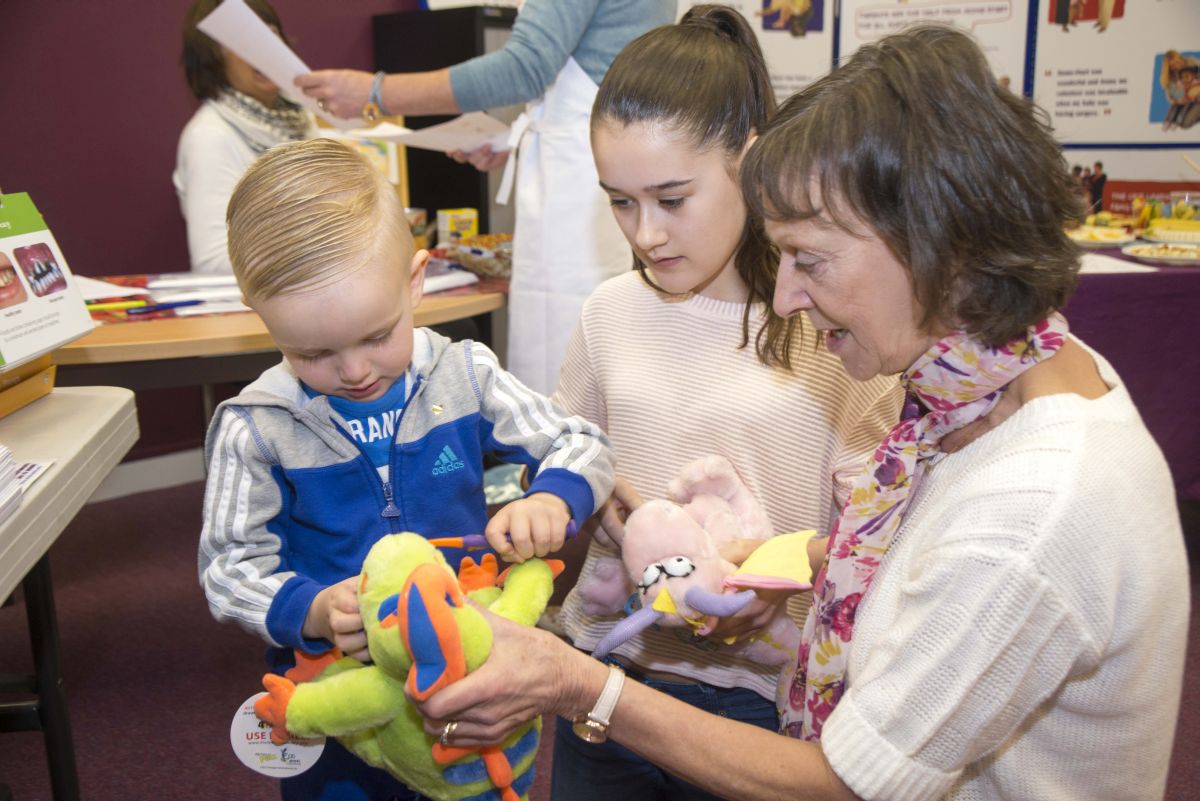
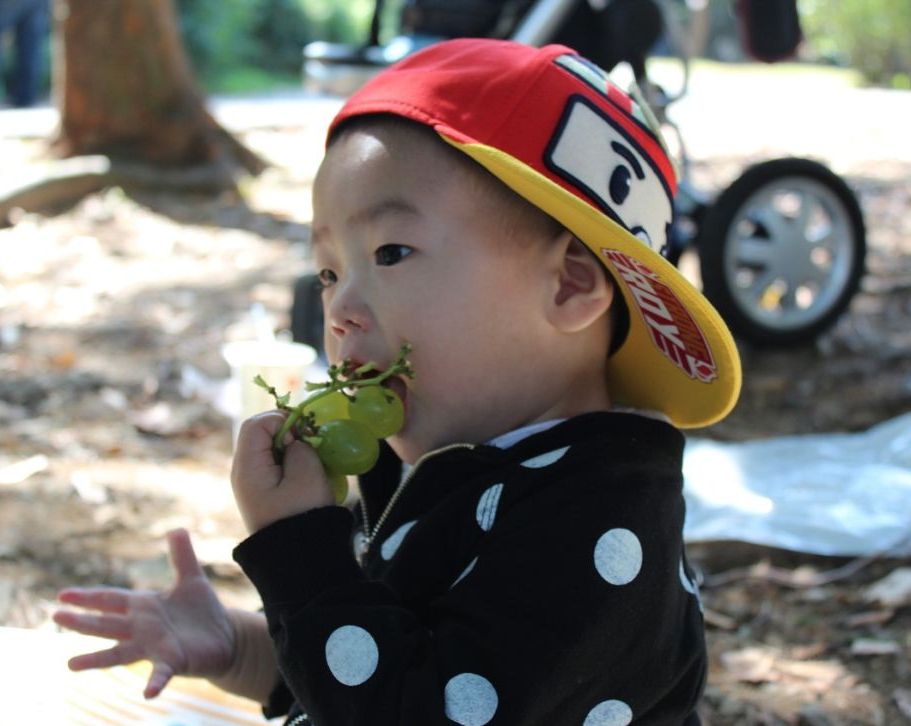 By Anne Foy.
By Anne Foy.